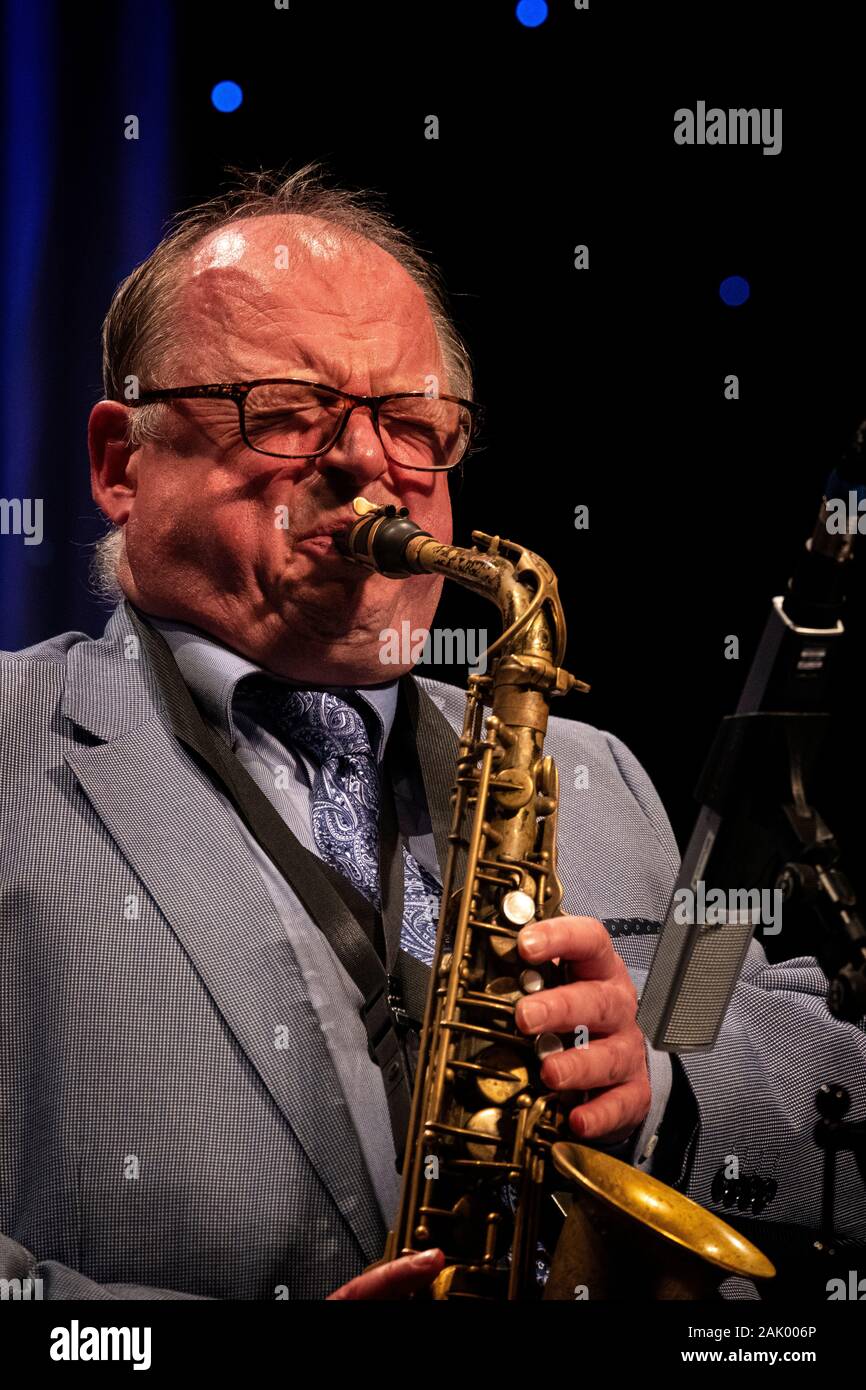

'Blood rain' turns to blue skies: Saharan red dust cloud sweeps from Europe across the UK - and is set to.Amateur astronomer captures stunning photos of distant nebulas from a telescope in his East Ayrshire back.The Stanford team said Native American, Celtic and Indian strings, drums and flutes were very effective, as well as natural sounds like rain, or light jazz or classical music. In line with meditative purposes, often the most relaxing music seems to be songs which don't have any lyrics – possibly because thinking about words requires active effort from the brain. Researchers at Stanford University in the US found music could have the same effect on the brain as meditation and that slow, regular tunes are the most relaxing. A faster heart rate has the opposite effect and can make people feel tense or uncomfortable. Slower tunes have been observed slowing down people's heart rates, which in turn slows the breathing, lowers blood pressure and relaxes the muscles. Music can relax the body because brain waves are able to synchronise with the rhythm of a song, research has found in the past.īecause of this, people's moods can reflect what they listen to – fast or energetic music may make people feel alert and pumped, while slow music calms them down. This particular finding appears to challenge a 2016 study, which discovered the music of Mozart and Strauss significantly lowered blood pressure and heart rates.

Heart rates decreased by just 15 per cent on average when participants listened to classical music. Meanwhile, classical music, often touted for its relaxing qualities, was neither the least nor the most anxiety reducing.

The five least relaxing genres – jazz and blues, sixties golden oldies, dubstep, Seventies rock and techno – all caused average increases in heart rates. Of the other genres, 'classical chillout' caused on average a 13 per cent decrease in heart rates and Nineties RNB caused a 12 per cent decrease. Listening to heavy metal reduced blood pressure for 89 per cent of respondents, and decreased heart rates by an average of 18 per cent. Meanwhile, 78 per cent of volunteers had an increase in blood pressure after hearing techno. Techno notice! The playlist 'techno classics' was the least effective as a relaxant, the study found


 0 kommentar(er)
0 kommentar(er)
